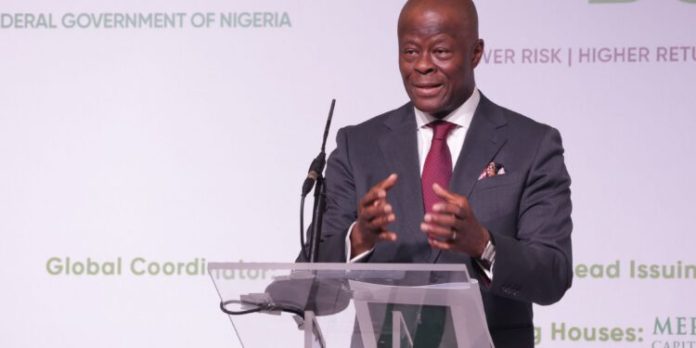The federal government has denied rumors that it plans to increase the Value Added Tax (VAT) rate from 7.5% to 10%. This was revealed in a statement of the Minister of Finance and Coordinating Minister of the Economy, Wale Edun posted by the Special Adviser on Information and Strategy, Bayo Onanuga.
Edun explained that the tax system is based on three pillars: tax policy, tax laws, and tax administration. He highlighted that these elements must work together to create a strong system that improves the government’s financial position.
The minister stated that the government’s goal is to use fiscal policy to promote sustainable economic growth, reduce poverty, and create a favorable business environment.
He said, “The current VAT rate is 7.5%, and this is what the government charges on a spectrum of goods and services to which the tax applies. Therefore, neither the Federal Government nor its agencies will act contrary to what our laws stipulate.”
“The imputation in some media reports on the issue of VAT and the opinion articles that have sprouted from them seem to wrongly convey the impression that government is out to make life difficult for Nigerians,”
The media in the past week has been awash with reports of a proposed increase in the VAT rate following the interview of the Chairman of the Presidential Committee on Fiscal Policy and Tax Reforms, Taiwo Oyedele on Channels Television.
Alleged proposal Rebuke
Former Vice President Atiku Abubakar has vehemently criticized the federal government’s rumored proposal to increase the Value Added Tax (VAT) rate from 7.5% to 10%, warning that such a decision would exacerbate Nigeria’s already difficult economic situation.
In a post on his official X (formerly Twitter) account on Sunday, Atiku expressed his concerns that the proposed tax hike, coupled with other recent government measures, would worsen the cost-of-living crisis, negatively impact businesses, and disproportionately affect the poor.
Atiku highlighted that this proposal coincides with recent hikes in petrol prices announced by the Nigerian National Petroleum Corporation Limited (NNPCL), which he believes will add to the burdens faced by citizens.
He also criticized the Tinubu-led administration for being “profoundly insensitive” to the struggles of ordinary citizens by engaging in unnecessary luxury spending.
World Bank/ IMF recommendation on VAT increase
The World Bank and the IMF have both recommended that the Nigerian government increase the Value Added Tax (VAT) rate.
In the report, the bank suggested increasing the current VAT rate of 7.5% as a step toward creating more fiscal space and enhancing non-oil revenue streams.
The World Bank also recommended that the VAT hike should allow for input tax credits and that the government should remove exemptions on petrol.
These measures are part of a broader effort to boost non-oil revenues. The IMF praised the current administration for its decisive actions in key areas, such as revenue mobilization, improving governance, and strengthening social safety nets.
This article was written by Tamaraebiju Jide, a student at Elizade University













